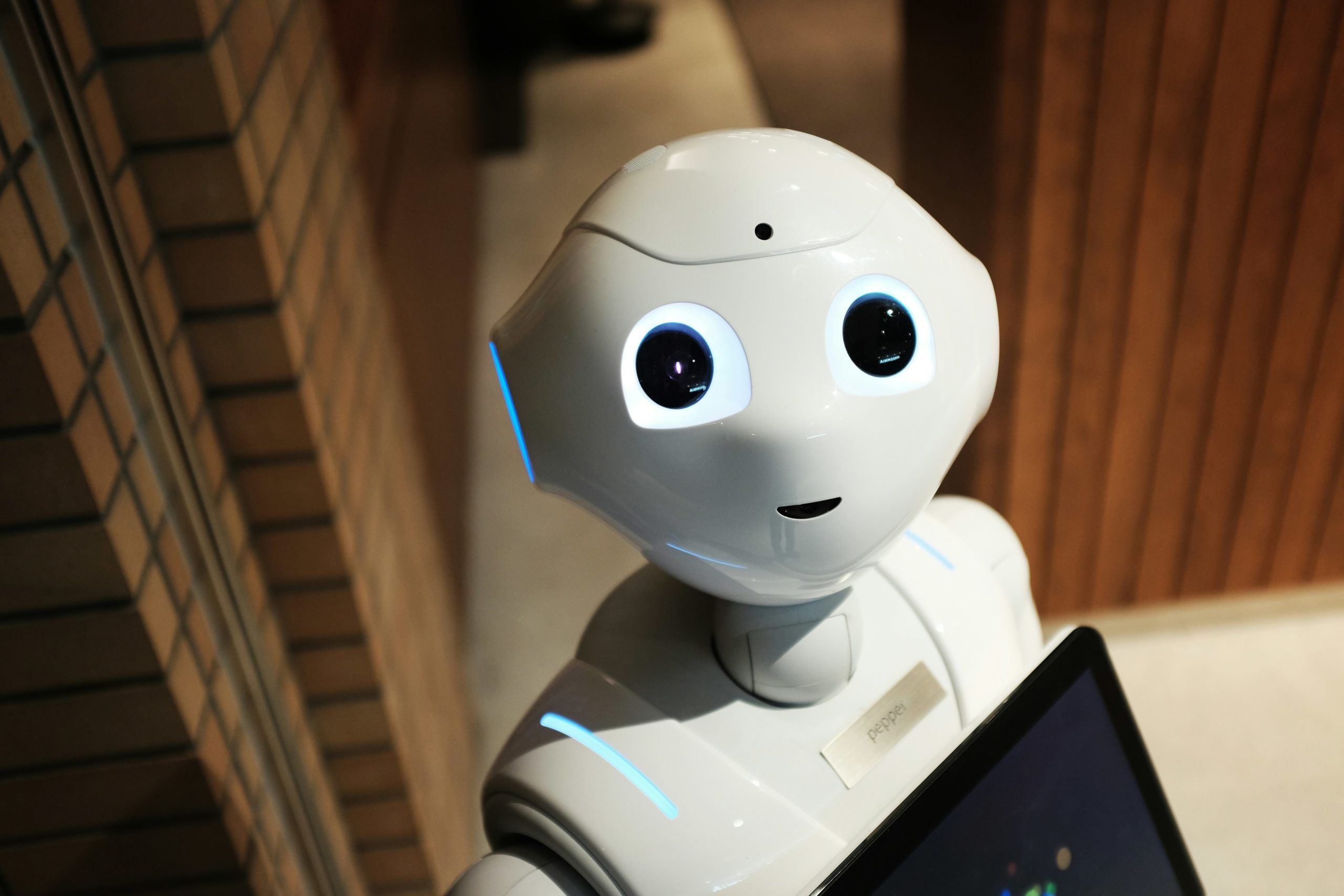AI & Translation – part 2…
By Alexika Managing Director, Mark Robinson.
It was a privilege to take part in the Chartered Institute of Linguists Roundtable event on the subject of AI and Translation earlier this month together with fellow CIOL council member Vasiliki Prestige and also Florian Faes of translation industry research and analysis company Slator.
One question that we were asked was whether professional translators are better prepared than most for an ‘AI World’. The answer from the panel was a resounding ‘yes’. Florian made the powerful point that the very first application for artificial intelligence was indeed machine translation, and we’ve been working with a real leap in the technology since 2016 – when it was first described as ‘neural’ machine translation.
We considered how other professions are introducing AI in 2024 – and I’m looking forward to seeing how this pans out in 5 years’ time….! I was able to report on my completely unscientific survey of professionals revealing the current state of play. I spoke to the professionals in the following fields:
- Lawyers are looking to save time with AI-driven search/research tools
- Accountants are expecting to save time having AI carry out simple ledger work, although with concerns about how this would affect junior members of staff and trainees.
- In medicine, the future involves AI scanning large quantities of test results, such as scans, and picking out which need to be reviewed by a human.
- In teaching, lots of time can be saved using AI to prepare lessons, but there is a long way to go in working out how to teach children in the classroom using AI, and how to set appropriate homework.
So, all of the above professions and many others are in the early days of their journey and will see huge change in the coming months and years. Translators, although going through a seismic journey of our own of course, have been addressing such concerns for years and are already implementing AI into workflows where it is sensible to do so.
But it is this last point that is the key. Not only do translators have language skills that will always be needed to evaluate AI output, but we also need to be able offer a consultancy service to explain in future to clients whether, how, which and why AI is best used for a particular project. A linguist’s superpowers will remain as important as ever – only a professional linguist with language, subject and cultural knowledge is really able to produce a translation that a business can trust.
Mark first wrote in our Blog about AI and Translation in July 2023.
To discuss your translation needs and requirements, drop us a message today or reach us over the phone on 01943 839227 (+44 1943 839 227 outside of the UK).


